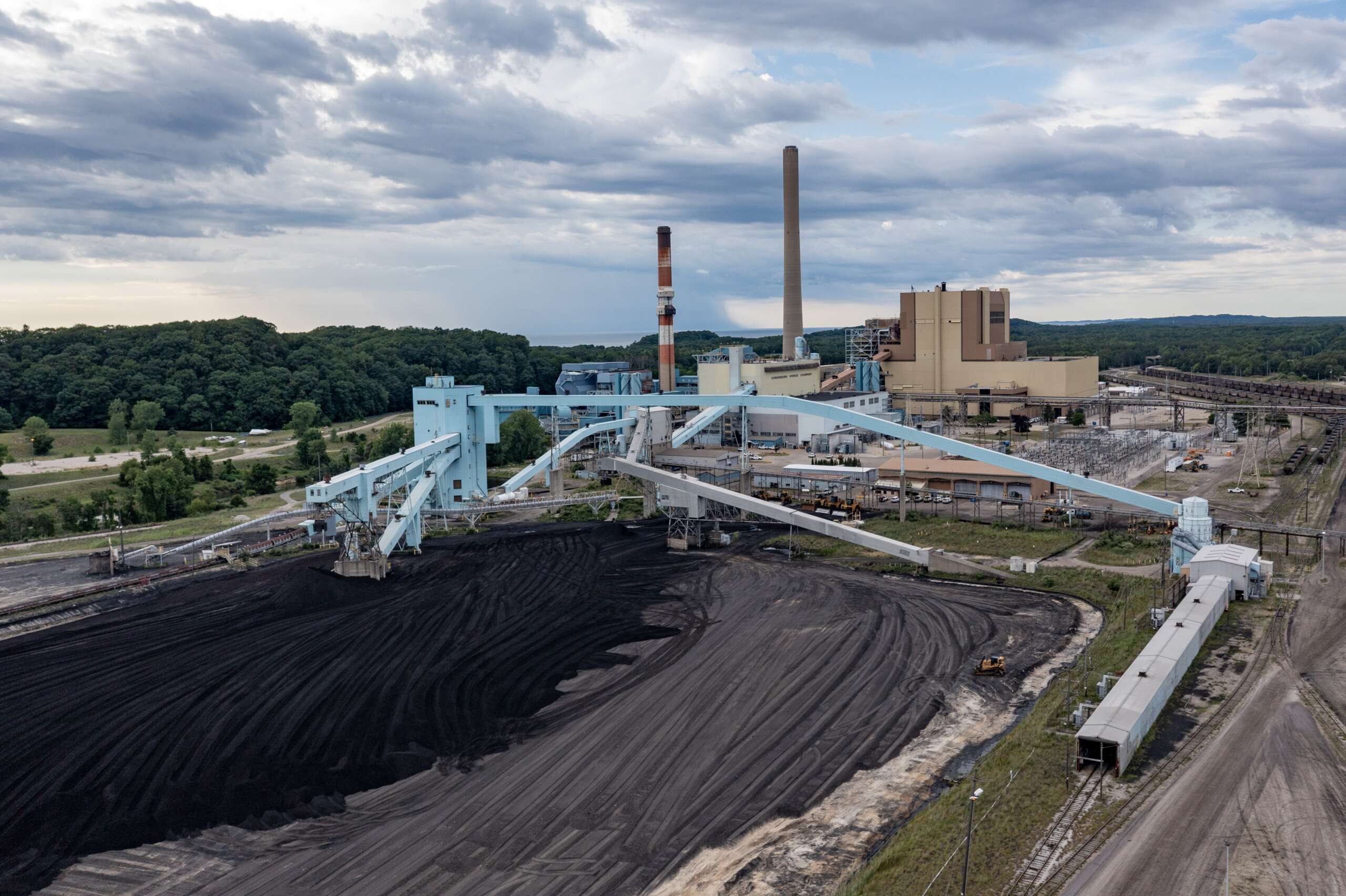By Mike Ludwig
Copyright truthout

Federal subsidies for the fossil fuel industry have more than doubled since 2017 to an estimated $34.8 billion each year, a new analysis from Oil Change International has found. The report’s authors say that amount could soar to hundreds of billions of dollars in the years to come if lawmakers fail to rein in subsidies for controversial carbon capture and hydrogen technologies.
As the Trump administration attempts to crush research on climate change and erase the intensifying global crisis from the headlines, the fossil fuel industry is enjoying a massive return on its investments in the United States political class, which includes at least $445 million spent to influence the 2024 elections. Despite global efforts to transition toward cleaner energy, the administration is slashing regulations and racing to approve new infrastructure that will ensure the continued burning of fossil fuels for decades — and massive profits for shareholders, Wall Street, and CEOs.
Even as some politicians echo increasingly dire warnings from scientists about the climate crisis, subsidies for the oil, gas, coal, and petrochemical sectors have only increased in recent years thanks to legislation passed under both the Biden and Trump administrations.
The GOP budget bill championed by Donald Trump and signed into law in July added nearly $40 billion in fossil fuel subsidies over the next decade, amounting to roughly $4 billion a year, while extending generous tax breaks for corporations and the ultra-wealthy, according to the report.
Joe Biden made ending fossil fuel subsidies a major part of his “build back better” agenda, but lawmakers added fossil fuel incentives during the final negotiations over Biden’s signature Inflation Reduction Act (IRA).
The IRA was heralded as a historic investment in clean energy, but Big Oil lobbied hard on the legislation as pro-industry lawmakers such as Sen. Joe Manchin demanded concessions from Democrats and the White House. Like other recent spending bills, the IRA contains subsidies for carbon capture and fossil hydrogen projects, two controversial technologies aimed at prolonging the life of the oil and gas industry.
To calculate total annual subsidies for fossil fuel production, Oil Change International examined billions of dollars’ worth of tax breaks, cheap access to drilling on public lands, regulatory loopholes, and direct public spending on cleaning up the mess that the industry leaves behind, including devastating oil spills and thousands of abandoned mines and oil and gas wells. The estimated annual $34.8 billion that the fossil fuel industry enjoys in subsidies, bailouts, tax breaks is likely an undercount, researchers said.
Collin Rees, the U.S. campaign manager at Oil Change International and author of the report, said taxpayers are spending $35 billion each year to prop a “polluting, expensive energy system instead of investing our public money into clean, affordable renewable energy.”
“The costs to the public of fossil fuel subsidies – both direct handouts to the industry and the deadly impacts to public health, local environments, and the climate – far outweigh the money being spent to lower energy prices for working families,” Rees said in an email.
Some fossil fuel subsidies have been around for decades, and unlike tax breaks and incentives for wind and solar energy, are typically permanent and do not have to be renewed regularly with new legislation. For example, for over a century, oil and gas producers have deducted so-called “intangible drilling costs” from their taxes, which means companies can immediately deduct 100 percent of costs not related to the final operation of an oil and gas well, according to the report. That includes costs for basic industry preparatory expenses such as surveying and labor.
The federal government has directed other subsidies toward emerging technologies that the fossil fuel industry relies on for continued relevance as the climate crisis intensifies and renewable energy becomes increasingly popular and cheap. For years, the federal government has invested in technologies that capture and store carbon dioxide, which were once controversially billed as a climate solution but are now being used to enhance oil and gas extraction from aging wells.
The industry has spent years lobbying for carbon capture tax incentives, and spending bills signed by both Biden and Trump included new or expanded tax credits for carbon capture and storage. The GOP budget bill signed by Trump expanded these credits to encourage “enhanced oil recovery,” which involves injecting captured carbon dioxide into aging oil and gas wells to force out remaining reserves.
Environmentalists have long argued that carbon capture is not a solution to the climate crisis and only serves to prolong the life of the fossil fuel industry. A 2020 investigation by the Treasury Inspector General for Tax Administration found that approximately 90 percent of federal tax credits for carbon capture were improperly claimed, with 10 claimants receiving $894 million in tax credits without verifying that they had sequestered any carbon dioxide.
Congress expanded carbon capture tax breaks in 2022 and 2025. Government and independent estimates have found potential tax credit costs for carbon capture, utilization, and storage alone could amount to as much as $100 billion through 2031, $835 billion through 2042, or $3.6 trillion through 2050, according to the report.
Rees said researchers have found that a huge portion of fossil fuel subsidies are funneled into excess profits for fossil fuel companies. Redirecting this flow of taxpayer dollars away from the fossil fuel industry could provide 3 million families with food assistance benefits annually, according to Oil Change International. The same amount of funding could help 54 million households install solar panels within a decade.
“Congress must stand up to Big Oil and Gas, eliminate fossil fuel subsidies, and redirect those billions toward the things our communities actually need: health care; housing; and clean, affordable, renewable energy,” Rees said.



